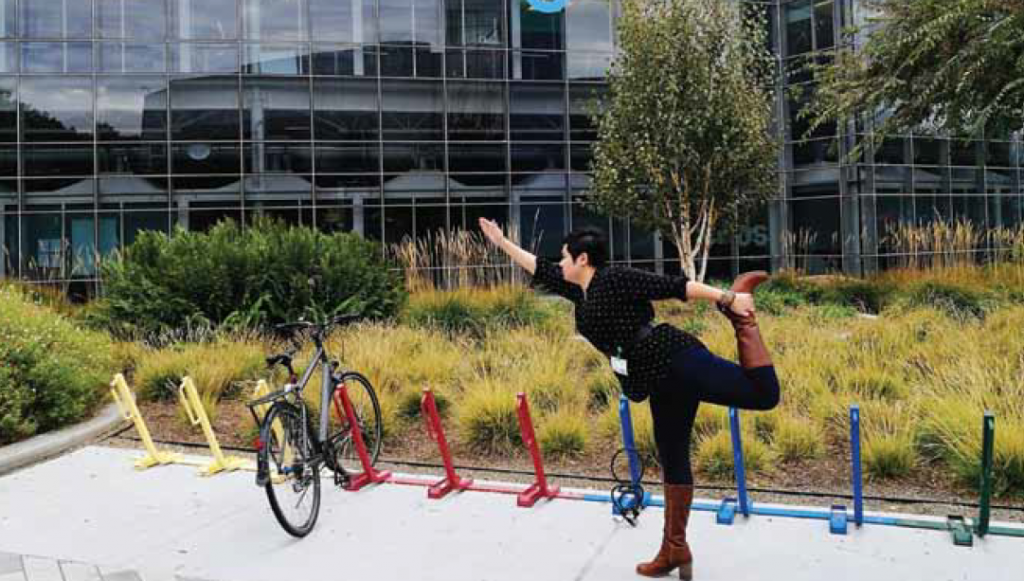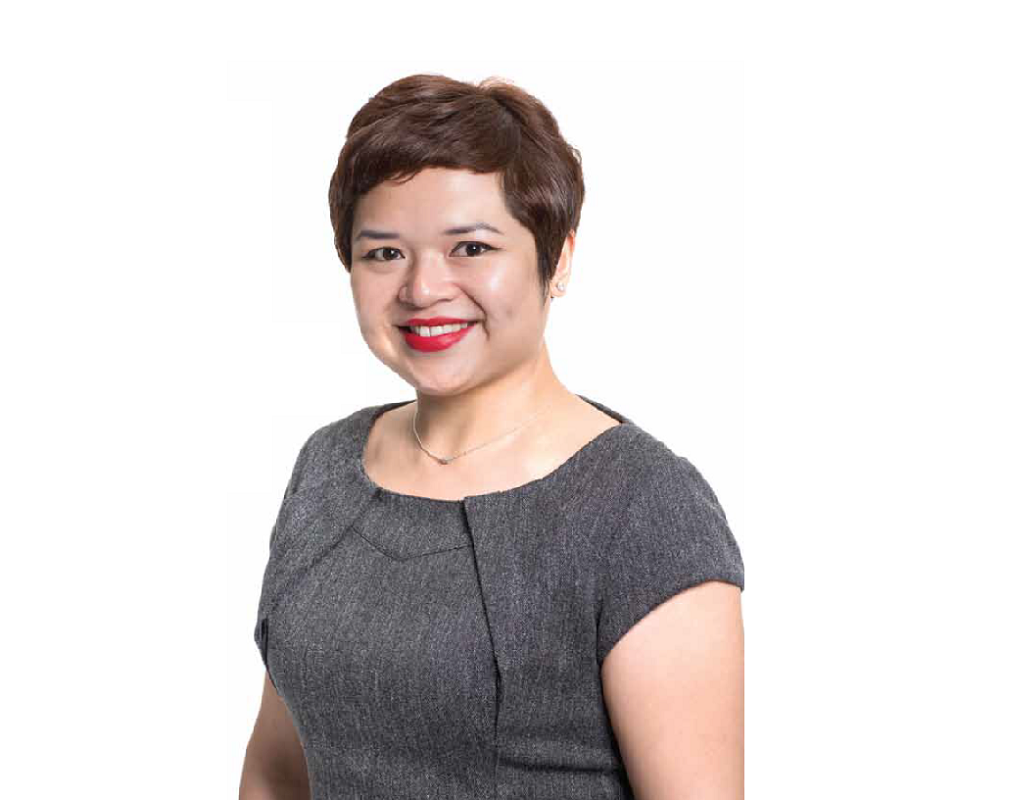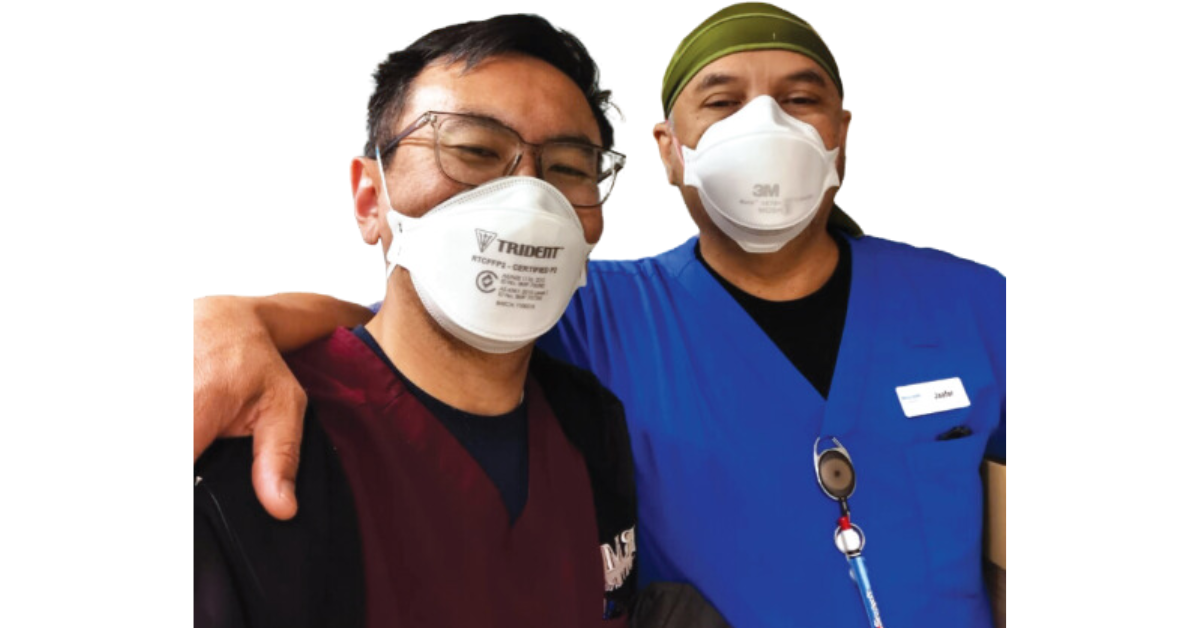The global workplace offers a wealth of opportunities. For some, working abroad is a personal career goal, with opportunities to experience new cities and different cultures. Gaining international work experience can be a career change and open many doors for the future. Working abroad may even give you an edge over others and set you apart as immersing in a foreign environment would likely mean that you would have dealt with challenges that have put you out of your comfort zone. A study by the British Council found that having the experience of working abroad plays a key role in enhancing innovation and productivity in the workplace, and at the same time, helps build skills which benefit the individual, businesses and the society[1].
Taking this leap can also be daunting. Being away from the comfort of your home will force you to meet new people, experience new things and adjust to new cultures, customs and languages. But in return, you will gain new confidence, independence, and friends.
Working abroad is an experience that can see you develop both personally and professionally, and it is indeed achievable. Seize the opportunity to expand your global outlook just like how our personality feature for this issue did. The Karyawan team interviewed Daliyana Hamid, 37, who is currently working in Germany as Global Engagement Director with the Deutsche Post DHL Group.
Daliyana works closely with internal and external partners to drive strategic, cross-divisional employee feedback and engagement initiatives that further enhance and embed a positive, innovative, and productive culture for employees in the company.
Q: Could you tell us about yourself and your family?
Daliyana: Just like many Singaporean families, we’re a small family – I have an older brother who lives in Singapore with his two young children, and I’ve been married for 13 years to a lovely Malaysian-Indian gentleman. I’d say both my brother and I had typical childhoods growing up. I had gone to schools within the neighbourhoods we’d lived in then. When we lived in Katong, I went to Convent of the Holy Infant Jesus (CHIJ) Katong Primary School and Tanjong Katong Girls’ School (TKGS), and when we moved to Pasir Ris, I went to Tampines Junior College, which has since merged with Meridian Junior College.
Looking back many times over the years, I can say that my most formative years were spent at TKGS, and I’m ever so grateful to the teachers I’d had the great fortune to have met. They encouraged us to explore the vast expanse of our minds, and the world.
I’d diverged from the conventional path when I was 19. We had some difficult years, which came to the hilt towards the end of my teenage years. School then became less of a priority for me and as a result of this, I’d started working young, and had quickly discovered my fiercely independent spirit – coupled with a sense of adventure, I’m guessing this is why I have found my way to Germany.
Q: What motivated you to join the logistics industry?
Daliyana: For many years, I’d wanted to be a doctor. Then, a psychotherapist. Funnily enough, today, I am neither. My father was in the logistics industry, and that was how I got my first gig. I’d stayed on as I found it fascinating. The logistics industry is an age-old one, dating back to when the Egyptians first learnt how to coordinate the logistics of building materials for the pyramids to the ancient seafaring days where trade was a common language amongst different nations.
Starting from the transportation of raw materials through to the factory they were made in, to the mode of transport they got onto and the warehouse they were stored in, all material objects we have today have found their way to our homes through a supply chain. Logistics helps our world tick by getting us what we want and need in our lives – whether it’s a life-saving vaccination or the latest mobile phone.
There are also so many opportunities in the logistics industry where technological advances through digitisation can augment the industry to be even more effective and efficient. Where I work, innovation is a central theme to our day- to-day business, making the industry a very sexy one to work in. There are few industries out there that touch each and every single one of us the way logistics does.
Q: Why did you choose to work overseas, particularly in Germany?
Daliyana: My husband and I have lived quite the nomadic life, having resided in multiple cities, sometimes together and sometimes apart, from Doha to Dubai in the Middle East, and Ho Chi Minh City and Shanghai in Asia, before moving to Bonn, Germany over five years ago. It was always a mix between actively looking for an opportunity and seizing the ones that came our way. What was clear from the beginning though was, we were, and are always open to new experiences.
Before moving abroad, we’d ruminate on the decision together, balancing the opportunities and risks. But I’d found that at the end of the day, our final decision was based on instinct as well – it had to feel right for us both, that a move could potentially bring personal and professional development to either or both of us.
We did not specifically move to Germany because of Germany per se – the job for which I had to move happened to be based in the headquarters in Bonn. I find that Germany is often underrated as a place to live in and this often surprises me. Germany is beauty and nature incarnate, and it’s an industrious and prosperous nation. Language challenges aside, it is a wonderful place to work and live in.
Q: What is it like working abroad? Is the working culture very different from Singapore?
Daliyana: While every nation has its own unique working culture, I’ve found that there is more that binds us than differentiates us. Everyone just wants to get their work done; it’s just how the work is done that’s different from country to country.
As a guest in any country, we need to be open to a different way of working, then take on the role of an observer by looking at how people behave and work in certain situations, ensuring that we take on a growth mindset, and constantly learning from both the situations and the people around us.
Q: What’s a typical work day for you?
Daliyana: On weekdays, I’m usually up between 5am and 6am, which was never the case for me in my younger years – I’d often seen myself as a night owl. After my yoga and meditation practice, I usually connect with friends online, especially those based in other countries. Staying connected with them is important to me; I suppose this is one of the reasons why I’m never homesick.
Sometimes, I have breakfast; other times, I have it at work. At work, we’re often in team dialogues or project/topic meetings, and sometimes I schedule in quiet time to hunker down on topics that require research and conceptualisation.
Lunch is often a highlight as I take the opportunity to catch up with work friends, and as much as possible, we try not to talk about work topics so we can give our brains a creative pause. If the weather is lovely, we often do walking meetings or take a walk in the park behind the office.
Some days can be longer than others, but I make sure I “switch off” entirely when I leave the office, making sure that I take the time to take in my surroundings, and be present with the people I’m with instead of thinking about an email or a meeting.
Q: What are the best bits of your job? And what are the challenges?
Daliyana: What I enjoy most at work are two things: people and challenges. I enjoy working with passionate, dedicated and intelligent people, and I enjoy a good challenge. I also love the international environment we have at work – many studies have found that the more diverse an organisation is, the better it is likely to perform.
The challenges we face at my company are no different from the many challenges any large multinational organisation have to work with, but what’s important is how we solve problems creatively and respectfully in an effective manner with the people we work with.
Q: What do you like to do when you aren’t working? Are there things that help you maintain a healthy work-life balance?
Daliyana: It’s funny you should ask about work-life balance – I don’t believe in the idea of “work-life” being on a scale or spectrum where one can measure how much one outweighs the other, or gauge if they are evenly balanced. How could one possibly measure that quantitatively?
We spend so much time at work; work is part of life. I do not make a distinction between “work” and “life”, and many of my colleagues are also my closest friends. We spend so much time at work; we must enjoy what we do and build relationships that are as meaningful at work as they are outside of the office environment, and make time to explore who we are, what our interests are and pursue those beyond work.
In my case, the line between work and life are also incredibly blurred. I teach yoga in my personal time, after office hours, and run mindfulness sessions in the office as well. In this case, my personal interest became a “job”, and I’d brought in my personal passion for mindfulness-based emotional intelligence into the workplace.
As long as we remain focused on what our core values are and stay true to ourselves, the environment or situation we are in does not matter. If you have a verve for life, if you can derive joy from meaningful connections, if you work hard for your goals, you can celebrate your achievements irrespective of whether these situations happen at the workplace or in your personal life. Our work lives enrich our personal lives, and vice versa.
I do make sure that I intentionally engineer two things into my life – rest and fun. You can only be at your best when you are well-rested, when you’re adequately “charged”. We are often better at charging our phones on a daily basis than we are at rejuvenating our own energy levels. Though we have a lot of fun at work, there are some things that I simply cannot do at work like stand-up paddling, kayaking and swimming, which I try to do a lot in the summer. What I like to do regularly, regardless of the season, are walking, reading, and simply chilling with my friends. Oh, and there’s nothing quite like a good Netflix show!

Q: If you were to summarise the main skills, attributes or qualities for your role in three words, what would they be?
Daliyana: I’d rephrase this to, if I were to summarise the main attributes required for any of the roles I’d worked in, I’d say this: resilience, creativity, and a growth mindset. And if I’m allowed a fourth, empathy.
Q: What are your future plans? Do you plan to stay in this industry or continue working abroad?
Daliyana: We remain open to all opportunities, whether they’re based overseas or in Singapore. As long as we are in jobs we can enjoy and bring value to, and can continue giving something back to the societies we live in, we are in no hurry to move anywhere. We feel at home anywhere.
Q: What is your advice for the younger generation in our community who want to pursue a career abroad?
Daliyana: Stay open, and take calculated risks. It is better to try and fail or try and figure out something’s not for you, than to have never tried at all. Great things have never come from comfort zones. And when you do take the plunge, think about what you can bring to the role, and how you can give back to the society you’ll live in. And never forget your roots – stay in touch with everyone who has helped you get to where you are. ⬛
[1] British Council. (2015). International Experience Increases Workplace Innovation. Accessed 19 June 2019. Available at: https://www.britishcouncil.org/contact/press/international-experience-increases-workplace-innovation
Nabilah Mohammad is a Research Analyst at the Centre for Research on Islamic and Malay Affairs (RIMA). She holds a Bachelor of Science in Psychology and a Specialist Diploma in Statistics and Data Mining,








